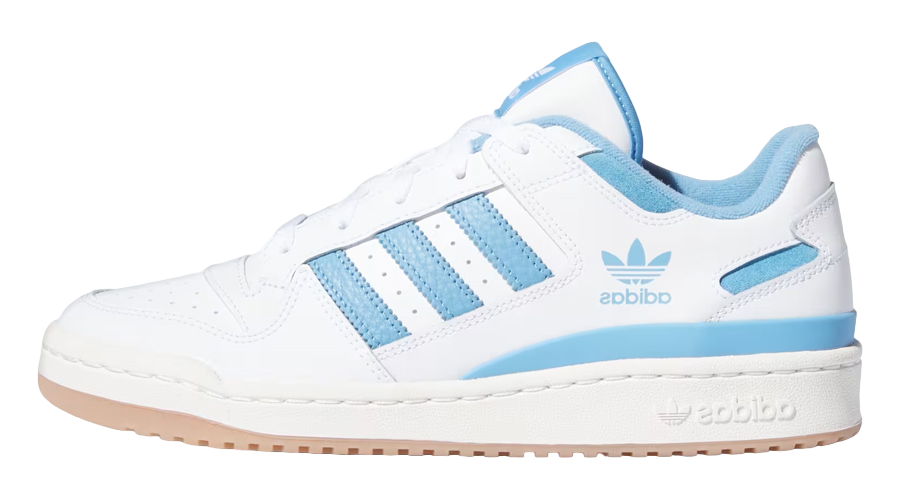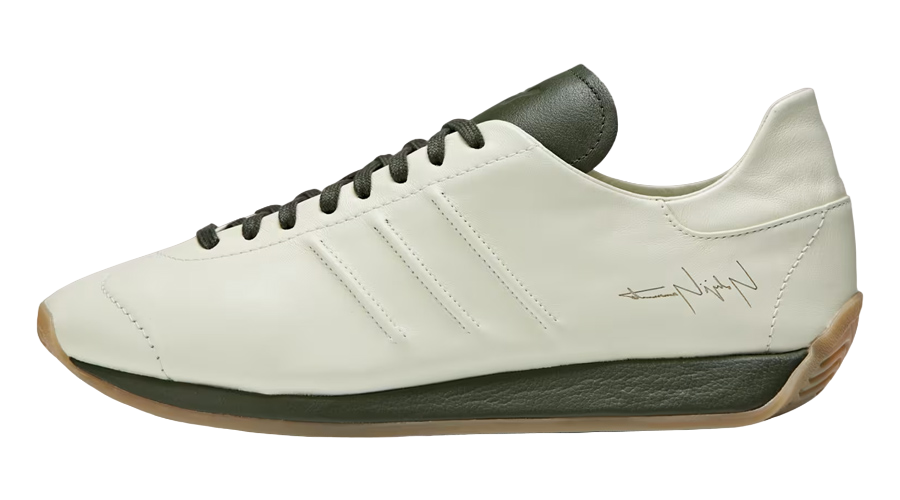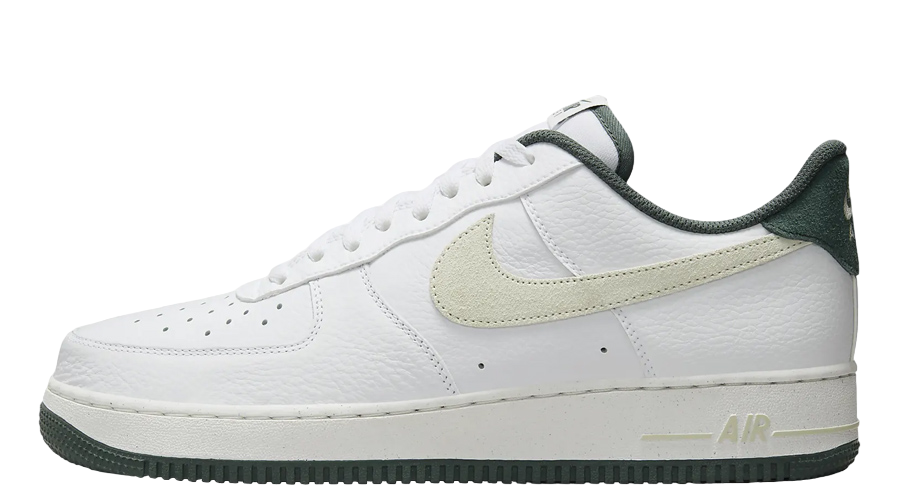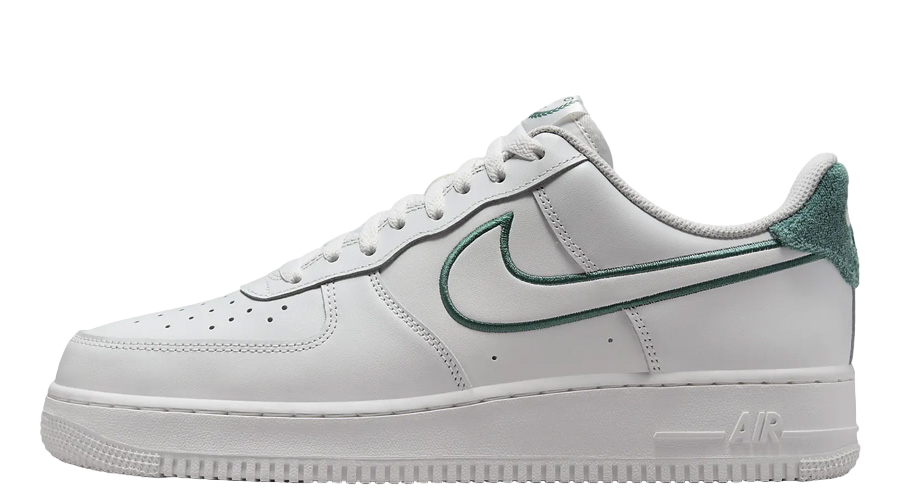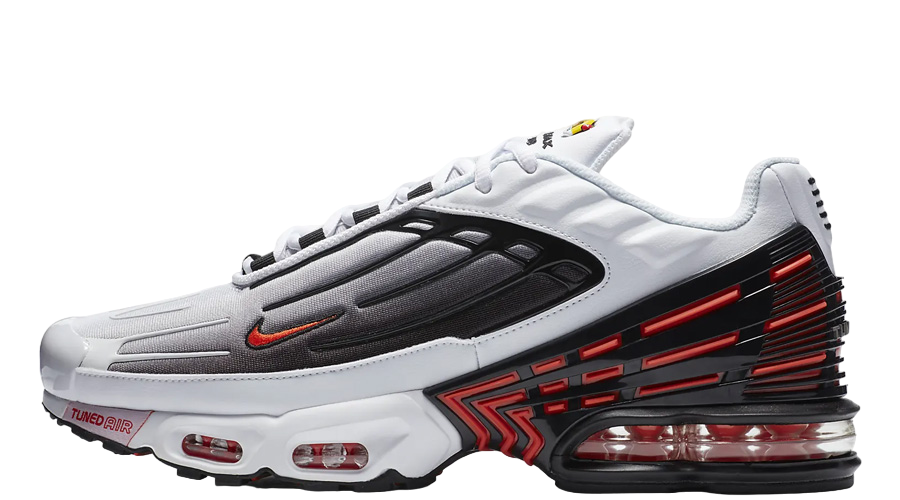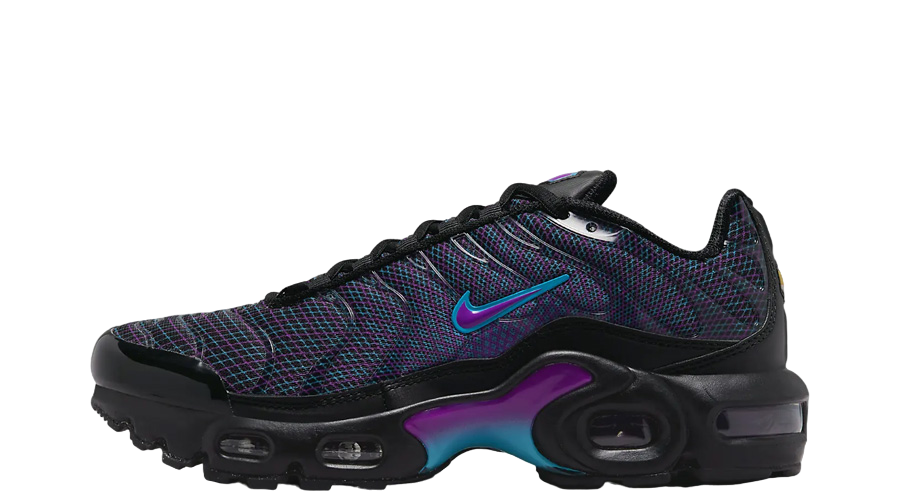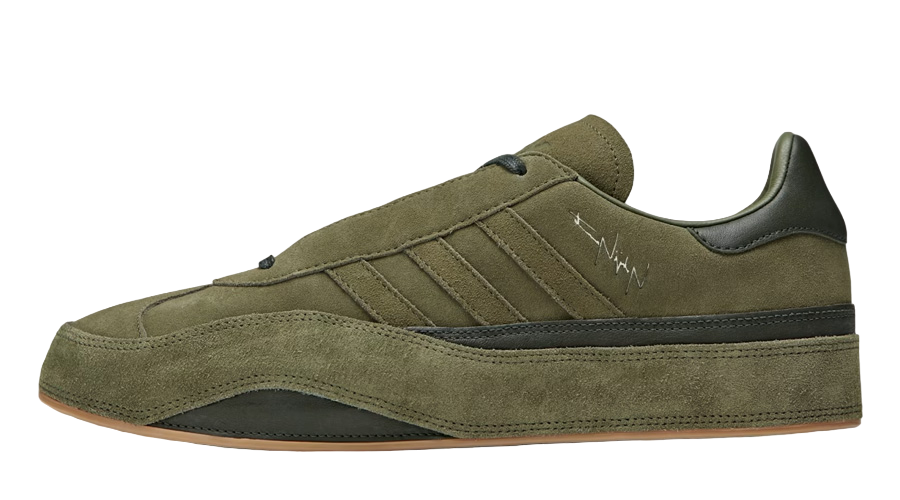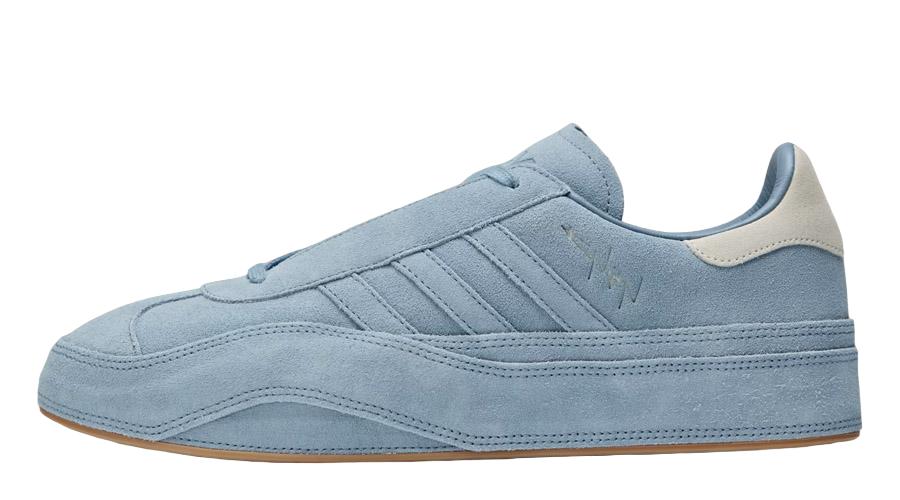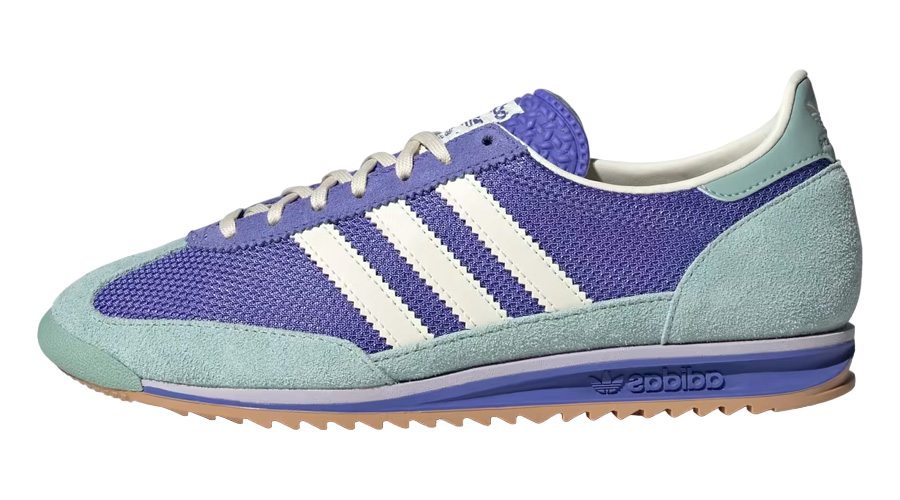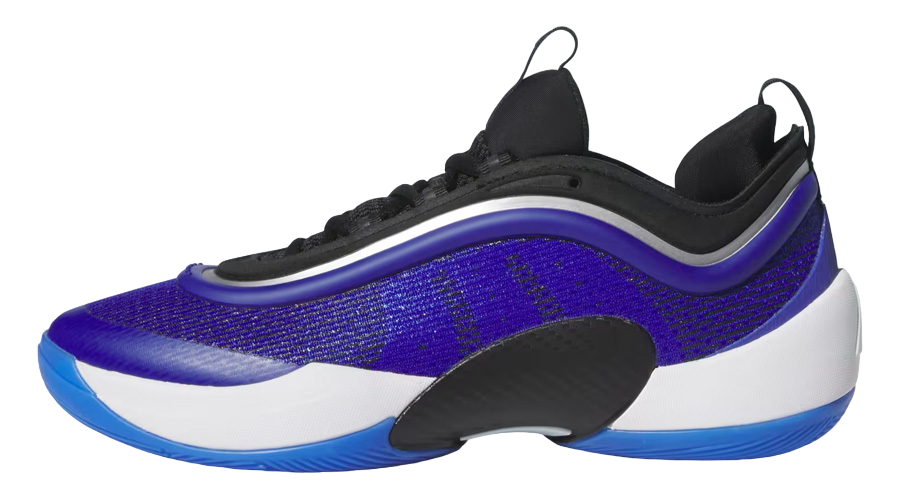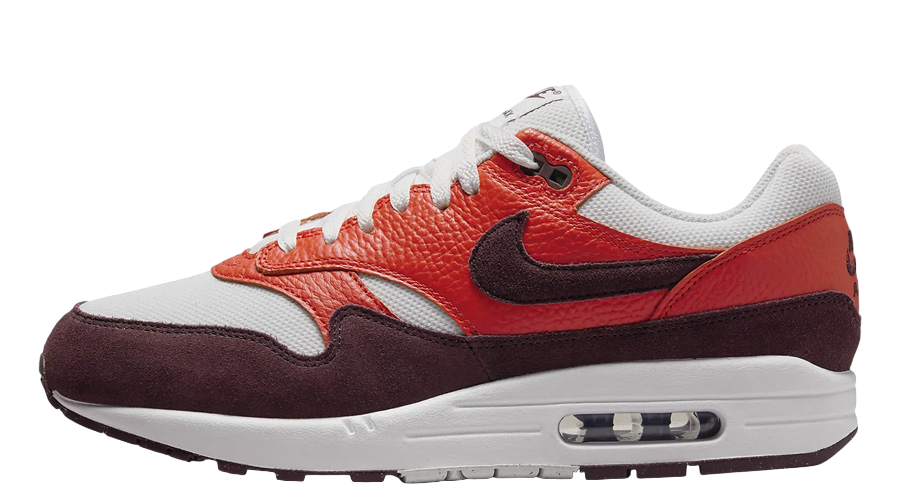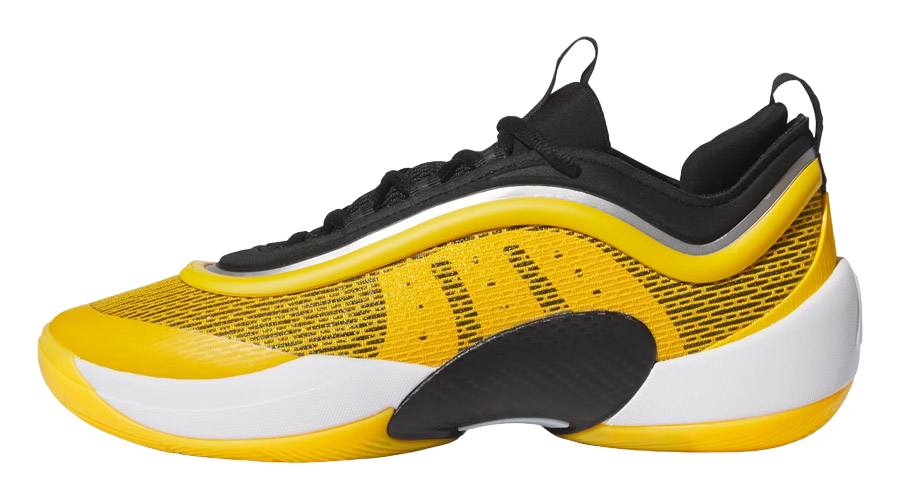Can Hiking Boots Be Worn as Everyday Shoes?
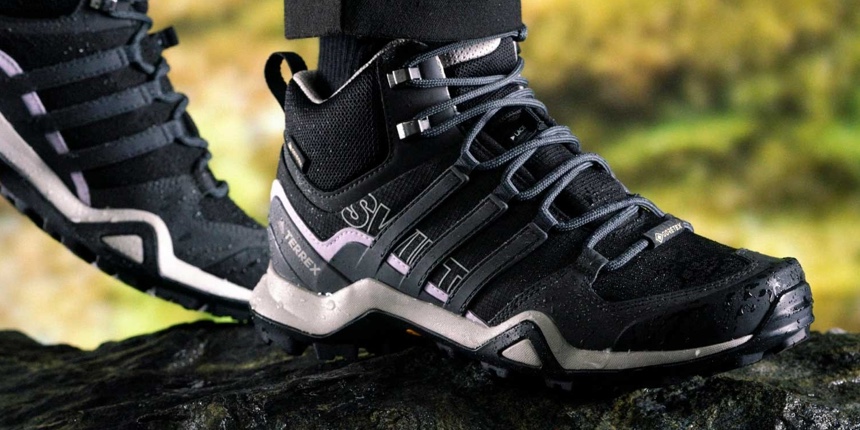
When you think of hiking boots, images of rugged terrains and adventurous trails likely come to mind. Designed primarily for outdoor activities such as hiking, camping, and backpacking, this type of specialised footwear is crafted to offer durability, support, and protection in the most challenging environments. Yet, in recent years, a new trend has emerged where hiking boots are not just for the trails but have also become a fashion statement.
The question now arises: Are they comfortable, though? Can hiking boots really be worn as everyday shoes? In this Captain Creps article, we’ll be delving into the practicality of using hiking boots beyond the wilderness, exploring their suitability for daily wear in urban and casual settings.
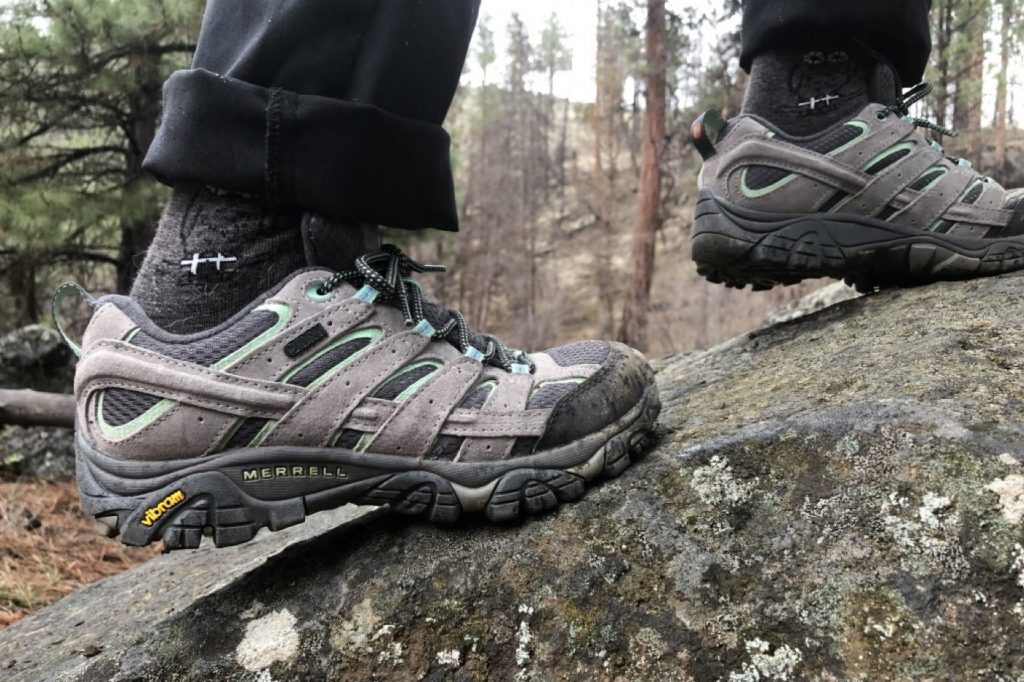
Do Hiking Boots Make for Good Walking Shoes?
Hiking boots are designed for rough terrain, but can they double as everyday walking shoes? This section examines their pros and cons in everyday urban use to determine their versatility and functionality outside of hiking.
Pros:
- Durability: One of the standout features of hiking boots is their robust construction. Made to withstand the rigors of the trail, these boots are built from high-quality materials that resist wear and tear. This makes them an excellent choice for everyday use, where durability can translate to a longer lifespan and better value for money.
- Support: Hiking boots are designed to provide ample support, particularly around the ankle and the sole. This support can be beneficial if you spend a lot of time on your feet, as it helps to prevent fatigue and maintain proper foot alignment, which is essential for comfort during long periods of standing or walking.
- Weather Versatility: Hiking boots are often designed to perform well in various weather conditions. Their construction typically includes features that are water-resistant or waterproof, making them suitable for use in rainy or snowy weather.
- Good Traction: Designed with rugged soles, hiking boots offer excellent traction on various surfaces, which can be particularly advantageous in slippery or uneven urban environments.
Cons:
- Weight: Hiking boots are generally heavier than typical walking shoes due to their sturdy materials and additional features like reinforced soles. This added weight can be cumbersome in everyday situations, potentially leading to quicker fatigue compared to wearing lighter footwear.
- Breathability: Designed for protection in the outdoors, many hiking boots sacrifice breathability for the sake of waterproofing and insulation. In a daily wear context, particularly in warmer conditions, this can lead to discomfort and is something to consider when choosing a boot for all-day use.
- Expensive: The high-quality materials and advanced design features of hiking boots often come at a premium price. This can make them a significant investment compared to more conventional walking shoes.
- Limited Style Options: While functional, hiking boots may not always align with everyday fashion trends. Their robust and utilitarian design can limit style options, especially in more formal or business casual settings.
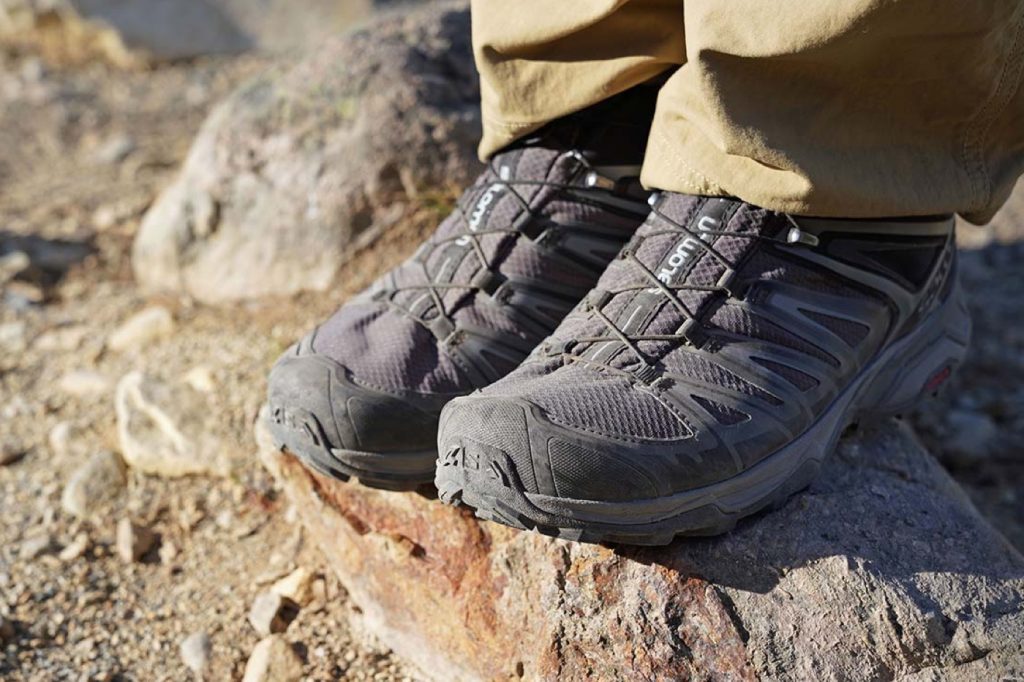
Do Hiking Boots Need to Be Broken In?
For those considering hiking boots as everyday footwear, understanding the need to break them in is crucial. Unlike typical casual shoes that are designed for immediate comfort, hiking boots are made from robust materials and require a period to adjust to your feet. Wearing them straight from the box as daily shoes often result in sore feet, a common issue for new users.
The break-in process involves wearing the boots for short, increasing intervals, allowing the stiff materials to soften and mould to the contours of your feet. This gradual adaptation helps in mitigating the initial discomfort, which, although temporary, is an essential step towards achieving long-term comfort and proper fit.
Once broken in, hiking boots provide exceptional support and durability, making them a viable option for those who value sturdy support in their daily wear. However, the effort and patience required during the break-in period can be a significant deterrent for those seeking immediate ease from their footwear.
Are there Lightweight Options for Hiking Boots?
If you’re wondering whether there are lightweight options for hiking boots, the answer is yes. Manufacturers have developed various lightweight hiking boots that offer essential support and durability without the bulk of traditional models. These boots are often crafted using lighter materials and feature flexible soles, making them perfect for day hikes or less demanding trails:
- Merrell Moab 2 Ventilator: Known for its breathability and durability, this boot is lightweight with a mesh upper, ideal for both outdoor adventures and casual urban wear.
- Salomon X Ultra 3 GTX: These boots offer excellent stability and cushioning, plus waterproofing with Gore-Tex, making them versatile for all weather conditions. Their sleek design makes them a stylish option for city streets.
- The North Face Hedgehog Fastpack GTX: A versatile option that’s both lightweight and waterproof, offering good traction and a contemporary look that fits well in an urban setting.
- Columbia Newton Ridge Plus Waterproof Amped: Durable and stylish, this boot is crafted for comfort and lightweight wearability, suitable for trails and everyday use.
- Keen Targhee III Waterproof Mid: Designed for both comfort and durability, featuring a breathable, waterproof membrane and a rugged outsole that also looks good for daily wear.
- Adidas Terrex Swift R2 GTX: Ideal for those who prefer a sportier look, these boots combine light construction with an athletic design, making them perfect for both active outdoor use and casual streetwear.
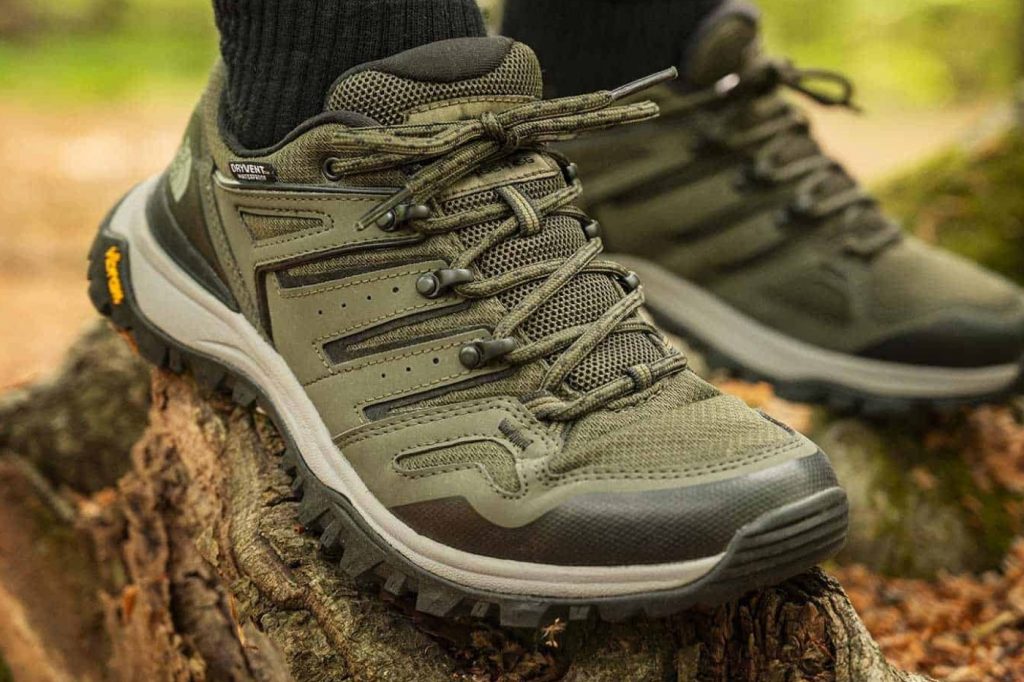
The Bottom Line
Choosing hiking boots as everyday footwear has gained popularity for their versatility and practicality. When opting for hiking boots for daily use, it’s essential to pick a style that matches your routine. Lightweight and flexible boots are typically more suited for city life, offering comfort and ease in urban settings. Conversely, boots designed for rugged terrain, with thick soles and pronounced treads, may not provide the same comfort on streets or in casual settings.
The right pair of hiking boots can offer durability, support, and style, adaptable to a variety of environments. Whether navigating city streets or outdoor trails, ensuring your hiking boots fit well and meet the needs of your lifestyle is crucial for optimal comfort and functionality.
Frequently Asked Questions
How do I know if a hiking boot fits well enough for everyday use?
Ensure the boot fits snugly without being tight, offers ample support around the ankle, and doesn’t cause any discomfort while walking.
Can hiking boots replace my regular shoes?
Depending on your lifestyle and comfort preferences, hiking boots can replace regular shoes for some people, especially those prioritizing durability and support.
Are there specific brands that offer the best hiking boots for everyday use?
Brands like Merrell, Salomon, and Keen are known for producing versatile hiking boots that are also suitable for everyday wear.
What are the common mistakes people make when choosing hiking boots for daily wear?
Choosing boots that are too heavy, not considering breathability, and overlooking the break-in period are common mistakes.
